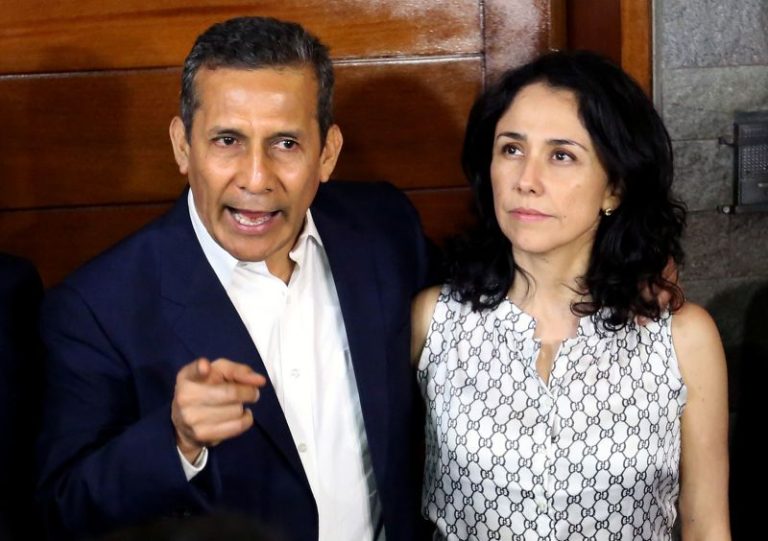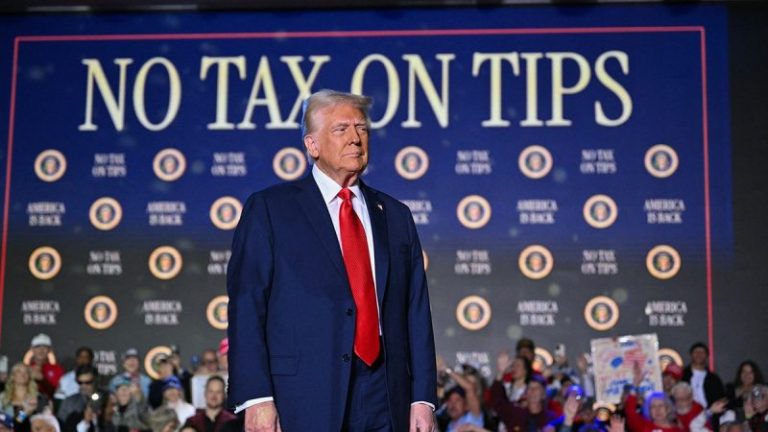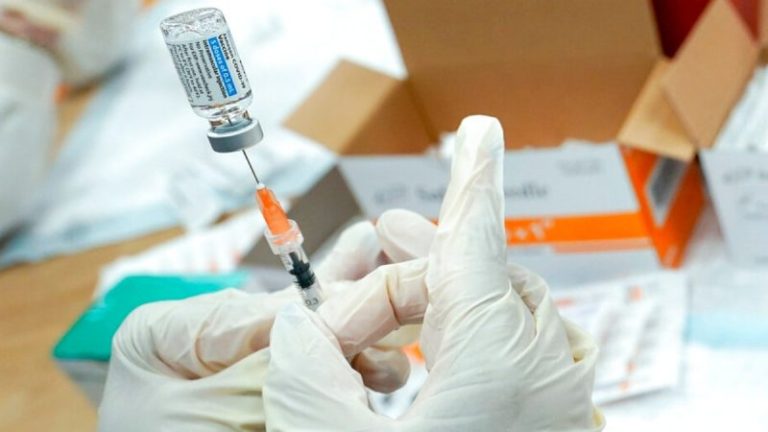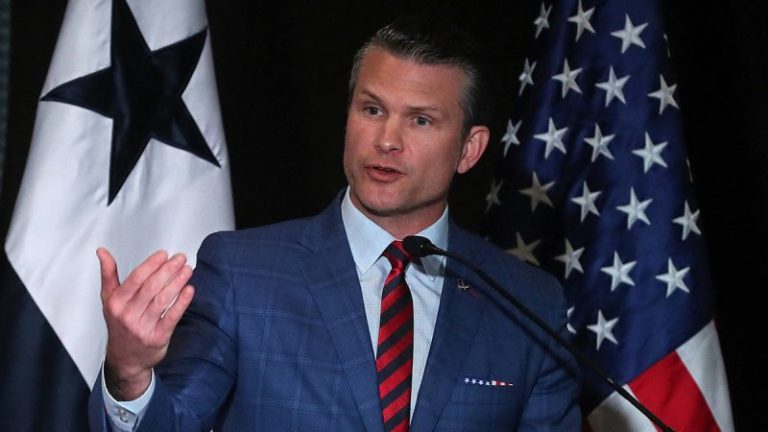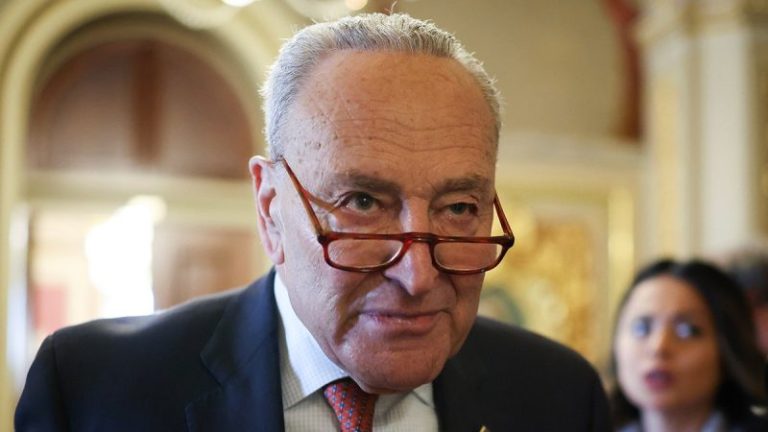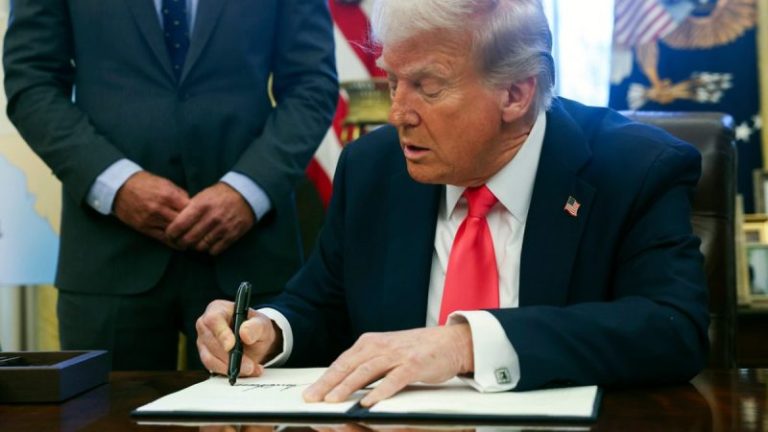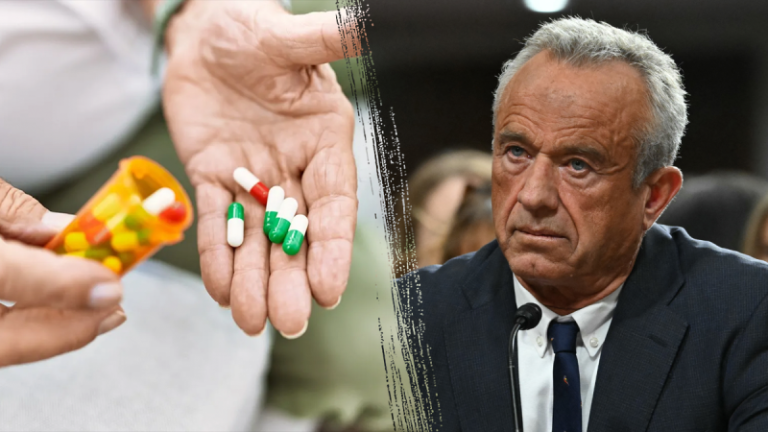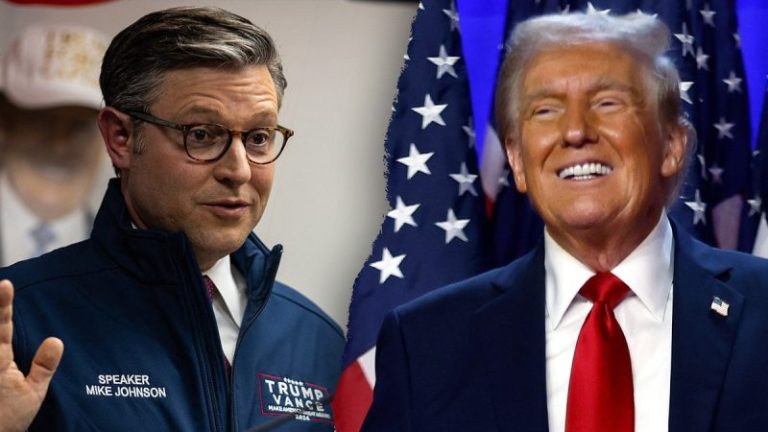White House aides are quietly floating a proposal within the House GOP that would raise the tax rate for people making more than $1 million to 40%, two sources familiar with discussions told Fox News Digital, to offset the cost of eliminating tips on overtime pay, tipped wages, and retirees’ Social Security.
The sources stressed the discussions were only preliminary, and the plan is one of many being talked about as congressional Republicans work on advancing President Donald Trump’s agenda via the budget reconciliation process.
Trump and his White House have not yet taken a position on the matter, but the idea is being looked at by his aides and staff on Capitol Hill.
Meanwhile House GOP leaders including Speaker Mike Johnson, R-La., have publicly opposed the idea of any tax hikes.
‘I’m not a big fan of doing that. I mean, we’re the Republican Party and we’re for tax reduction for everyone,’ Johnson said on ‘Sunday Morning Futures.’
One GOP lawmaker asked about the proposal and granted anonymity to speak candidly said they would be open to supporting it but preferred a higher starting point than $1 million.
They said the reaction was ‘mixed’ among other House Republicans. But not all House GOP lawmakers are privy to the discussions, and it’s not immediately clear how wide the proposal has been circulated.
Nevertheless, it signals that Republicans are deeply divided on how to go about enacting Trump’s tax agenda.
Extending Trump’s 2017 Tax Cuts and Jobs Act (TCJA) and enacting his newer tax proposals is a cornerstone of Republicans’ plans for the budget reconciliation process.
By lowering the Senate’s threshold for passage from 60 votes to 51, it allows the party in power to skirt opposition to pass a sweeping piece of legislation advancing its own priorities – provided the measures deal with tax, spending, or the national debt.
Extending Trump’s tax cuts is expected to cost trillions of dollars alone. But even if Republicans use a budgetary calculation to hide its cost, known as current policy baseline, they will still have to find a path forward for new policies eliminating taxes on tips, overtime pay, and retirees’ Social Security checks.
Hiking taxes on the ultra-wealthy could also serve to put Democrats in a tricky political situation in forcing them to choose between supporting Trump’s policies and opposing an idea they’ve pushed for years.
The top income tax rate is currently about 37% on $609,351 in earnings for a single person or $731,201 for married couples.
But raising the rate for millionaires could be one way to pay for Trump’s new tax policies.
House Freedom Caucus Chairman Andy Harris, R-Md., one of the deficit hawks leading the charge to ensure new spending is paired with deep cuts elsewhere, said ‘That’s one possibility.’
‘What I’d like to do is I’d actually like to find spending reductions elsewhere in the budget, but if we can’t get enough spending reductions, we’re going to have to pay for our tax cuts,’ Harris told ‘Mornings with Maria’ last week.
‘Before the Tax Cuts and Jobs Act, the highest tax bracket was 39.6%, it was less than $1 million. Ideally, what we could do, again, if we can’t find spending reductions, we say ‘Okay, let’s restore that higher bracket, let’s set it at maybe $2 million income and above,’ to help pay for the rest of the president’s agenda.’
But Johnson’s No. 2, House Majority Leader Steve Scalise, R-La., again poured cold water on the idea Tuesday.
‘I don’t support that initiative,’ Scalise told ‘Mornings with Maria,’ though he added, ‘everything’s on the table.’
‘That’s why you hear all kind of ideas being bounced around. And if we take no action, then you’d have over 90% of Americans see a tax increase,’ Scalise warned.
Bloomberg News was first to report House Republicans’ 40% tax hike proposal.
When reached for comment, the White House pointed Fox News Digital to comments by Press Secretary Karoline Leavitt earlier on Tuesday when she said Trump had not made up his mind on another proposal to raise the corporate tax rate.
‘I’ve seen this idea proposed. I’ve heard this idea discussed. But I don’t believe the president has made a determination on whether he supports it or not,’ Leavitt said.
Fox News Digital also reached out to Johnson’s office for comment.
This post appeared first on FOX NEWS

